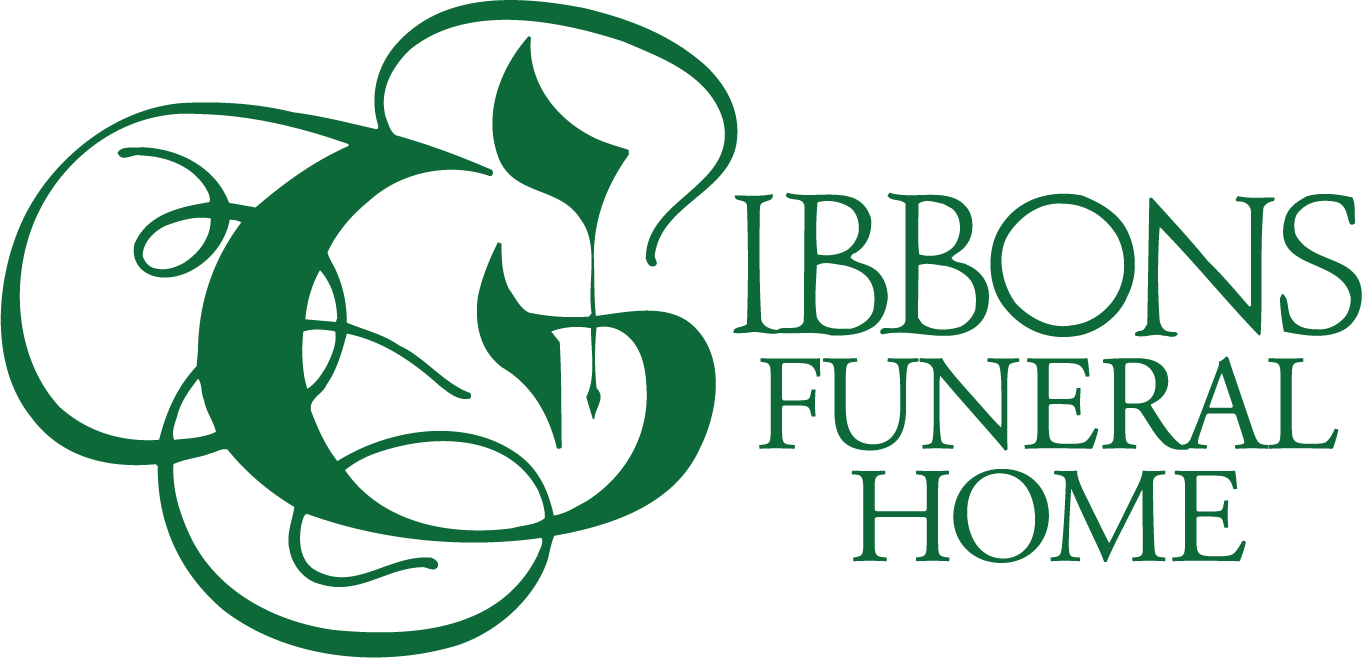Dating can be a tricky game, especially for those who are new to it or have experienced heartbreak in the past. To help people navigate the dating world, there are countless books and online resources offering advice on how to find love and maintain healthy relationships. However, not all of these resources are created equal. In recent years, a trend of "fake dating books" has emerged, which misleads readers with unrealistic or even harmful advice.
What are fake dating books?
Fake dating books are books that claim to offer helpful advice on dating and relationships, but in reality, they provide little to no practical guidance. Instead, they often present unrealistic scenarios and offer advice that is not based on sound psychological or sociological research. Some fake dating books may even promote harmful or abusive behaviors, such as manipulation or emotional blackmail.
Examples of fake dating books
One example of a fake dating book is "The Rules," which was first published in 1995 and gained popularity in the early 2000s. The book promotes traditional gender roles and advises women to play hard to get, avoid initiating contact with men, and wait for them to make the first move. While some of the advice may be well-intentioned, such as encouraging women to value themselves and set boundaries, much of it is outdated and not applicable in modern dating culture.
Another example is "Men are from Mars, Women are from Venus," which was published in 1992 and became a bestseller. The book presents a simplistic view of gender differences and encourages couples to adapt to these differences rather than working to understand and communicate with each other. While the book may offer some useful insights into how men and women think and communicate differently, it oversimplifies complex issues and fails to address the nuances of individual relationships.
The dangers of fake dating books
Fake dating books can be harmful in several ways. First, they can mislead readers into thinking that unhealthy or abusive behaviors are acceptable in relationships. For example, some fake dating books may promote "negging," or insulting someone as a way to make them more interested in you. This behavior is manipulative and can lead to emotional distress for both parties.
Second, fake dating books can perpetuate harmful stereotypes and gender roles. For example, "The Rules" reinforces the idea that women should be passive and wait for men to take the lead in relationships. This can be damaging for women who want to assert themselves and take an active role in their dating lives.
Third, fake dating books can create unrealistic expectations for relationships. For example, some books may suggest that finding "the one" is the ultimate goal of dating, and that all other aspects of life should revolve around this pursuit. This can put undue pressure on individuals and make them feel like failures if they do not find a romantic partner.
How to spot a fake dating book
Not all dating advice is created equal, so it's important to know how to spot a fake dating book before investing time or money into it. Here are some red flags to look out for:
1. Promises of instant results
Realistic relationship advice acknowledges that finding a partner takes time and effort. If a dating book promises instant results or guarantees that you will find love by following its advice, it is likely too good to be true.
2. One-size-fits-all advice
Every individual and relationship is unique, so any dating book that offers one-size-fits-all advice is likely oversimplifying complex issues. Look for books that acknowledge the nuances of individual experiences and offer tailored advice.
3. Promoting unhealthy behaviors
Any book that promotes unhealthy or abusive behaviors, such as manipulation or emotional blackmail, should be avoided. Look for books that emphasize healthy communication and respect in relationships.
4. Reinforcing harmful stereotypes
Dating books that reinforce harmful gender stereotypes, such as the idea that men should always take the lead in relationships or that women should be passive, should be avoided. Look for books that acknowledge the diversity of experiences and identities in the dating world.
Fake Dating Books
Dating can be a challenging process, but with the right guidance, it can also be rewarding and fulfilling. However, it's important to be aware of fake dating books that offer unrealistic or harmful advice. By knowing how to spot these books and seeking out resources that prioritize healthy communication and respect in relationships, individuals can navigate the dating world with confidence and integrity.

